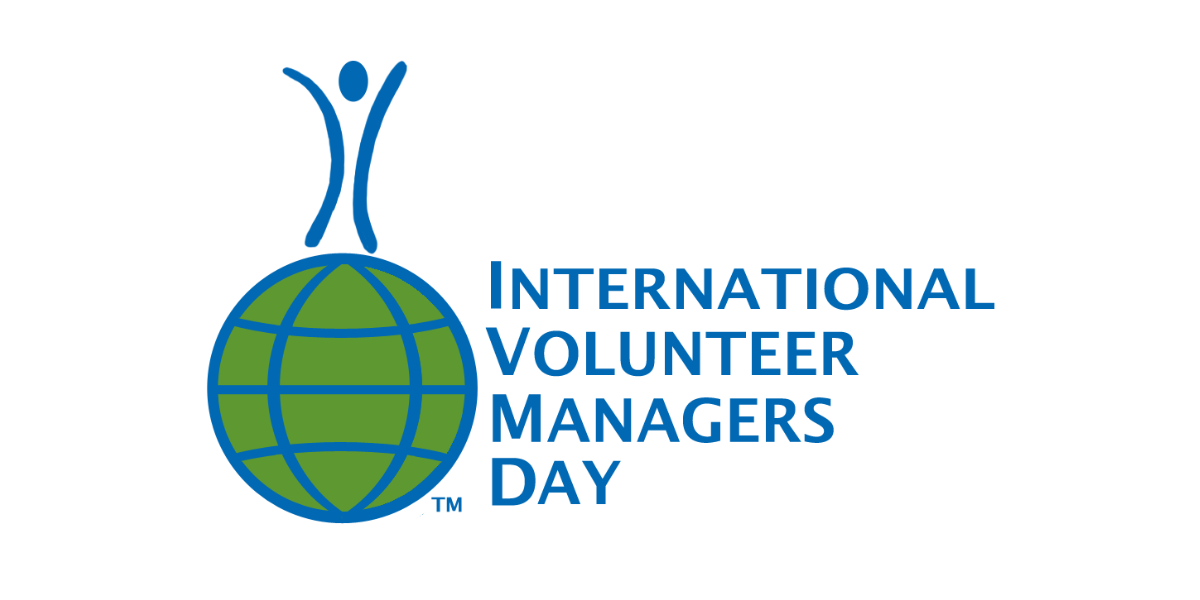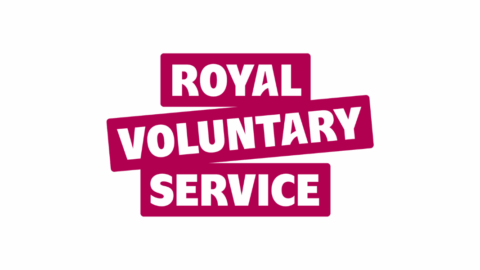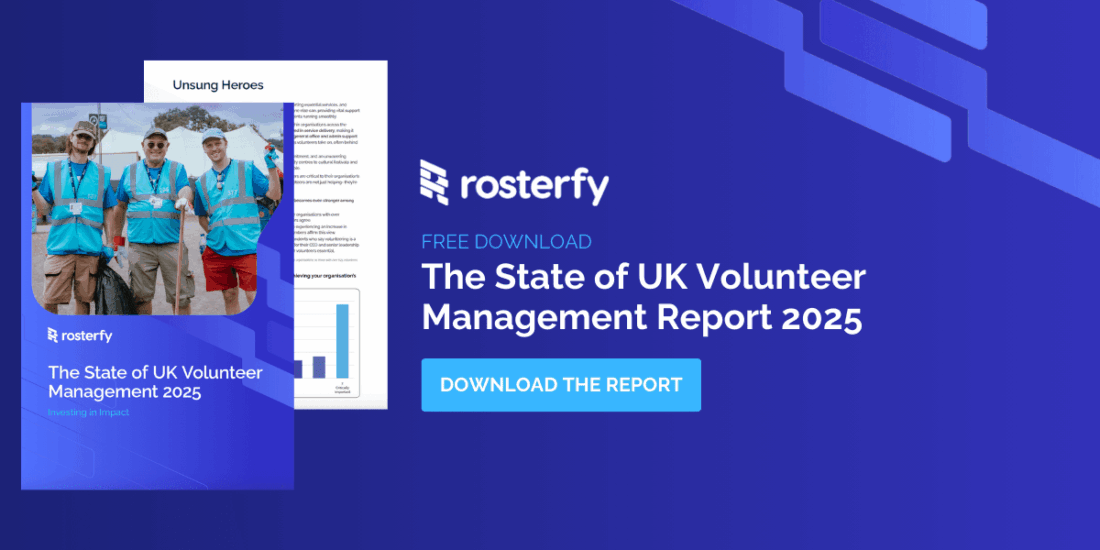By Rob Avann, Orchard Park Consulting
If you’re considering making a pitch to senior managers and trustees to secure investment in initiatives to recognise and reward volunteers, the key is to make a strong business case which sets out a very clear and persuasive rationale.
The five tips below will help you to construct a clear and compelling case:
1. Be creative
Not all recognition and reward initiatives need to cost money or require new investment. Make sure that you think through and include initiatives that simply require an investment of time, visibility and genuine sincere thanks from leaders to volunteers across your organisation. Small ways of regularly recognising and making volunteers feel seen and valued will make a huge difference and should be part of the plan.
2. Make sure the case holds up to scrutiny
The business case should be clear, with a narrative argument developed and running throughout, pitched to the audience making the decision. It needs to be clear and concise, demonstrate good value and make an ask that is proportionate to the size of the organisation. It is crucial to get the figures right – check, double check and check again.
3. Link to organisational strategy
Support the case by showing how important volunteers are to the delivery of the strategy – demonstrate how volunteer engagement and retention impacts the objectives. If you have organisational goals that include things like reaching more people, supporting more people, building awareness and profile, and seeking and securing new donors and supporters then show how recognising and rewarding your volunteers helps to underpin these.
4. Demonstrate the return on investment
Show that by funding and supporting the proposed initiatives it will help the charity to breaks down barriers and widen the volunteer pool, encourage even greater commitment from volunteers, create ambassadors, increase the charity’s credibility and connection to the wider community, help secure future donors and build awareness and profile.
5. Highlight the risks of not doing this
Highlight two or three key risks of not taking this approach – for example, not doing so weakens the organisation’s retention of volunteers and the ability to deliver, it risks the reputation of the charity in the community, and the organisation may lose volunteers and support to other causes that are doing more to recognise, reward and retain their volunteers.
By following the five tips above, you will build a strong business case for support which demonstrates clear and strategic thinking to key decision makers.
About Rob Avann
Rob Avann is a values-led Charity Consultant and Interim CEO for Orchard Park Consulting, and he provides leadership, governance and strategy support to charities and charity leaders based on his experience, skills and passion for social impact. He has many years experience as a charity CEO and Trustee with multiple charities in different parts of the sector. He is also a mentor to other charity CEOs, especially those in their first appointment and an Associate member of Consultants for Good and of Interims for Impact. He is a Strategic Applicant Consultant for small charity funder The Fore. He is also a pro bono mentor for ACEVO and a pro bono consultant and mentor for the Cranfield Trust.





